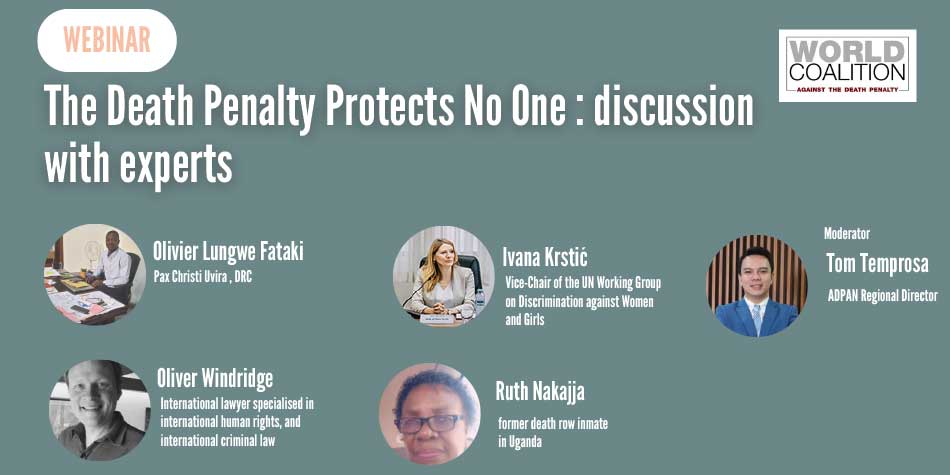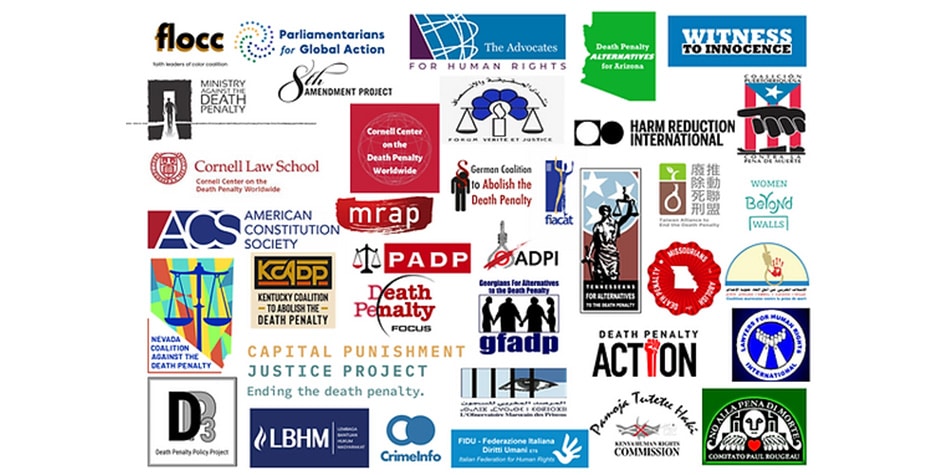State-sponsored report finds California’s death penalty is “dysfunctional”
Since 2004, attorneys, prosecutors, judges, police officers and academics have been investigating the dysfunctional aspects of California’s judiciary as members of the senate-established California Commission on the Fair Administration of Justice (CCFAJ).
The CCFAJ’s latest report, on the administration of the death penalty, is damning for their state’s capital punishment system.
California – the most populous US state – has the largest population on death row, with 670 inmates. The CCFAJ found that the average delay between sentence and execution was over 20 years. “Just to keep cases moving at this snail’s pace, we spend large amounts of taxpayers’ money each year: by conservative estimates, well over one hundred million dollars annually”, the report states.
Possibility of wrongful executions
While the report does not describe cases of wrongful executions, it states: “The Commission cannot conclude with confidence that the administration of the death penalty in California eliminates the risk that innocent persons might be convicted and sentenced to death.”
To reduce this risk, and to respond to testimonies from murder victim’s relatives who expressed distress at being unable to get justice in their lifetime or who plainly opposed the death penalty, the CCFAJ recommends a series of reforms. Most of them involve extra funding, to reduce delays and to ensure that death row inmates have adequate legal representation.
The state’s coffers, however, are empty. As a result, and although it was not in the Commission’s remit to examine the prospect of abolition, its report suggests “alternatives” to the use of the death penalty: “First, to reduce the number of death penalty cases in the system by narrowing the list of special circumstances that make one eligible for the death penalty, and second, to replace the death penalty with a maximum penalty of lifetime incarceration without the possibility of parole.”
“A historical report” for abolitionists
Californian lawyer and Death Penalty Focus board member Elizabeth Zitrin (photo) welcomed the report as a boost to the abolitionist cause in her state. “It is a historical commission and report. It will be a very important tool for us”, she said.
Just like Californian abolitionists, the report addresses the issue of mandatory death sentences on a county-by-county basis, and suggests their limitation.
Zitrin said that the CCFAJ’s findings would help convince public officials thanks to its bi-partisan structure and the participation of law enforcement officers in its preparation: “It is not anti-death penalty nor pro-death penalty”, she explained.
Abolitionists will also use the report in campaigns directed at public opinion. “The death penalty was established by a vote of the people and can only be removed in the same way”, Zitrin said. “We therefore need to educate the public about the realities of the death penalty. This report will help us.”
Download the report here







